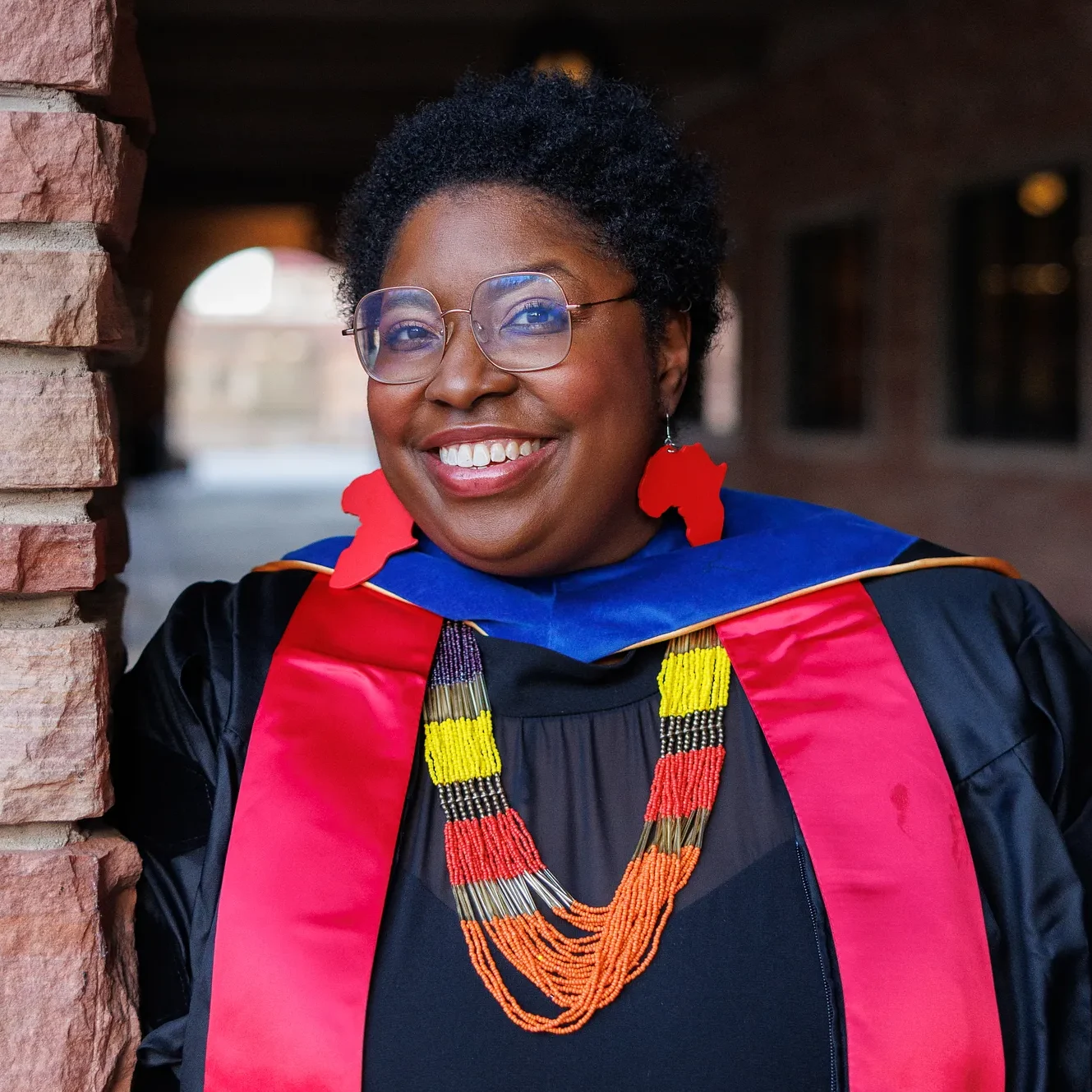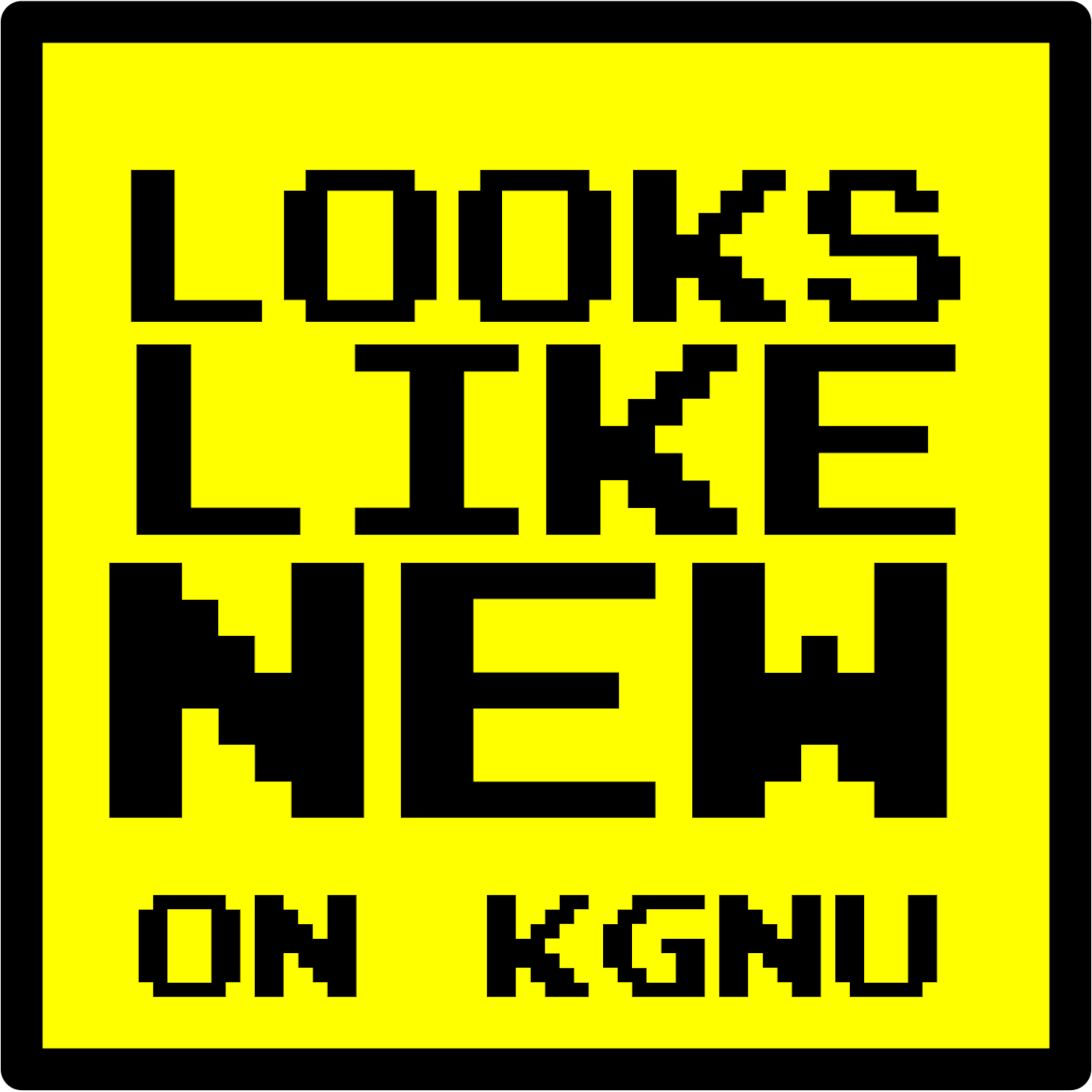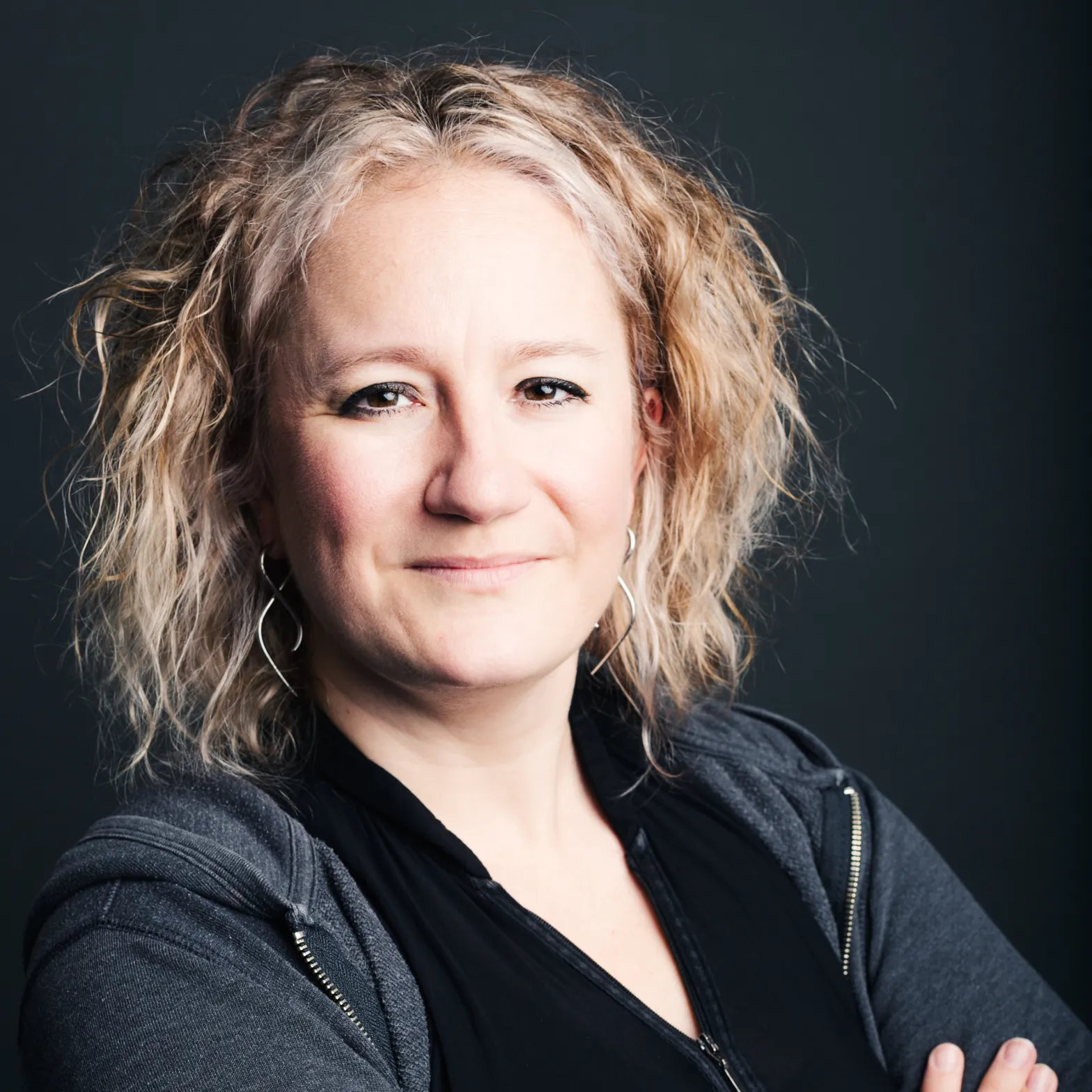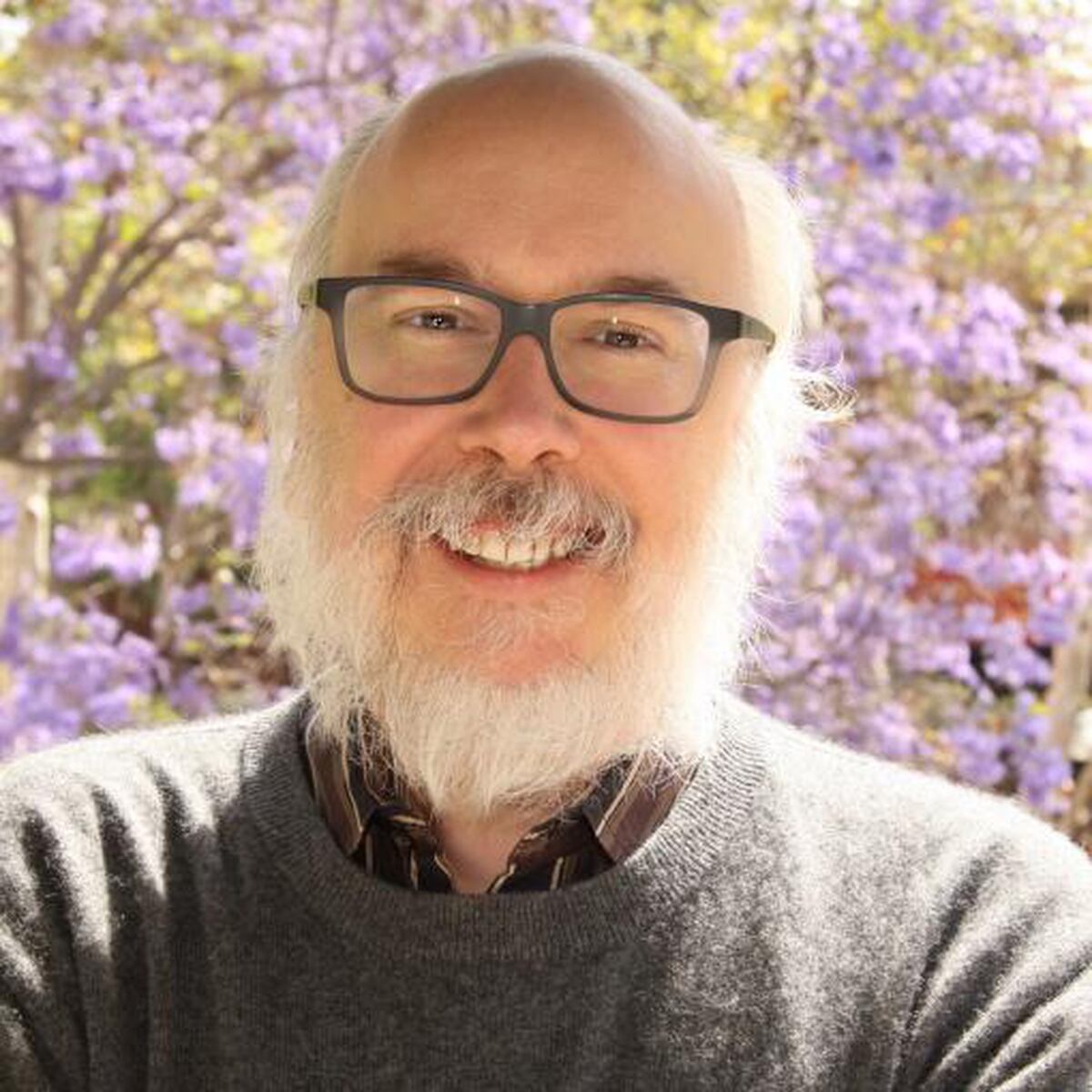Episode archive
-

Can technology help us obtain a brighter future?
This month we interviewed Dr. Shamika Klassen, a User Interface Scientist and recent graduate of C.U. Boulder’s Department of Information Science. Dr. Klassen is interested in creating technologies that put humans first, particularly those who are traditionally marginalized. On this episode, Dr. Klassen discusses with us her how she arrived at her dissertation research topic…
-
What Is a Black Media Philosophy?
A lot of us are thinking about the legacies of racism these days, and about a media ecosystem that seems to hinder any hope of progress. But too rarely do we think about race and media together. Who gets to be the heroes of the digital age? Whose bodies become a kind of media? Our…
-
How do you invent the future?
Activist Adrienne Maree brown writes that the work of social change requires “science fictional behavior”— which is surely all the more true in the context of a global pandemic. To help us think through this crisis, we hear from Cadwell Turnbull, whose critically acclaimed first book, The Lesson, portrays an alien sort-of-invasion centered on his…
-
What happened to hacktivism?
The cultures of computer hacking have made their way from marginal subcultures to becoming driving forces in the world as we know it. Facebook’s headquarters is on a street called Hacker Way. A hack of the Democratic National Committee’s emails helped elect the current US president. Free Software produced by volunteer hackers around the world…
-
What makes computers happy?
More and more people feel uncomfortable with the role of big tech companies in their everyday lives, but they don’t feel they have any other option. System76 is trying to change that. It’s a Denver-based computer company that produces its own computers, and its own open-source operating system, here in Colorado. Emma Marshall is System76’s…
-
Is Information a Public Good?
Longmont, Colorado is considering a new way of funding news—through a proposed library-district tax. This idea builds on a model, the Community Information District, first proposed by Simon Galperin. This month on Looks Like New, Galperin describes his vision for “info districts” as not just a means of funding news but as a pathway toward…
-
What is a human?
This month’s guest is Douglas Rushkoff, one of our most prominent and provocative thinkers on technology and culture. In his latest book, a manifesto called Team Human, Rushkoff calls for mobilizing against the forces seeking to make people subservient to algorithms and other machines we have created.
-
What is a Lab?
What Is a Lab? With Lori Emerson of the Media Archaeology Lab CU Boulder’s Media Archaeology Lab is a place where artists, scholars, students, and tinkerers can come to use apparently obsolete computers and other technology. Founding director Lori Emerson, professor of English and Intermedia Art, Writing, and Performance, discusses her lab and the history…



